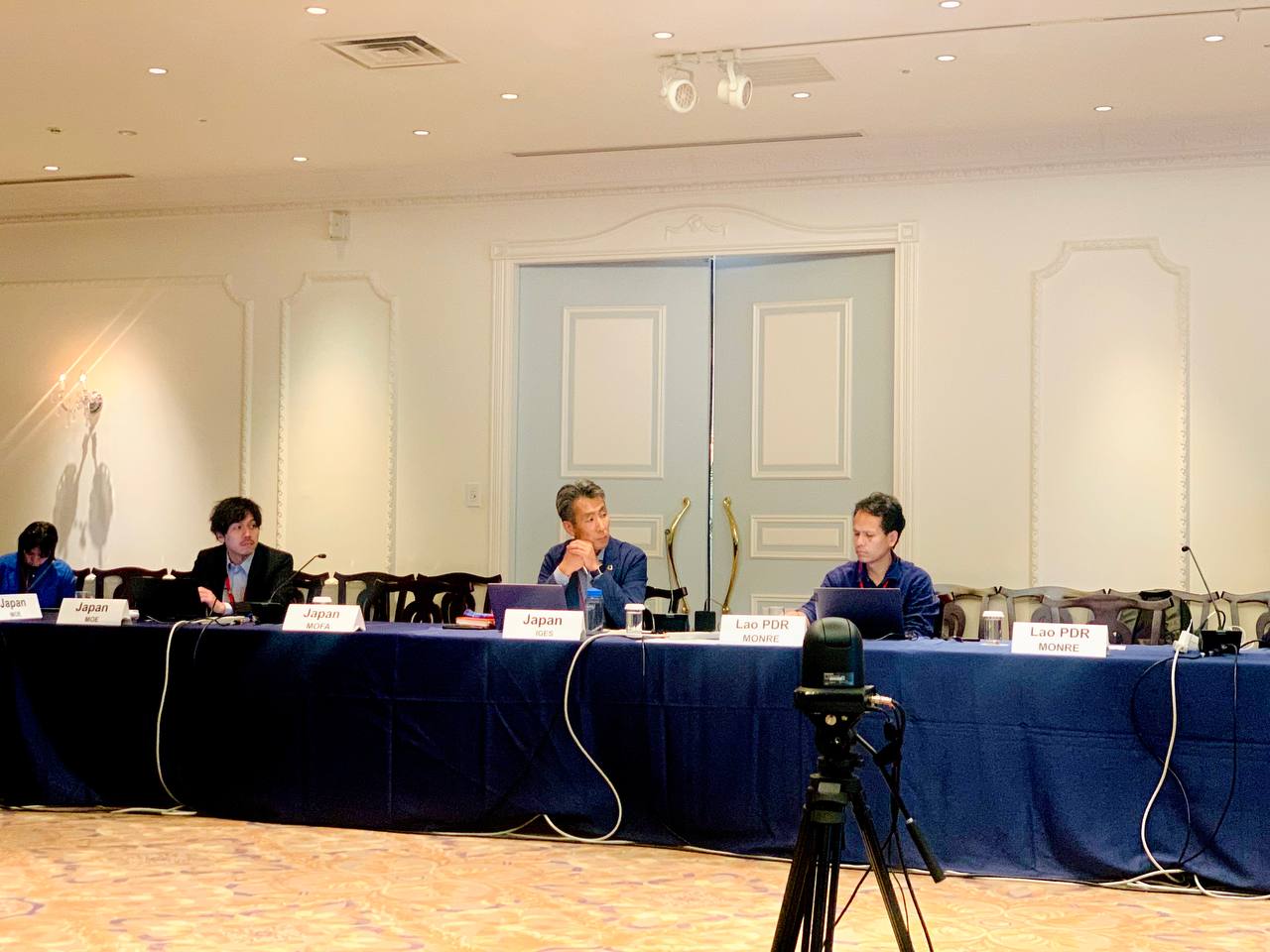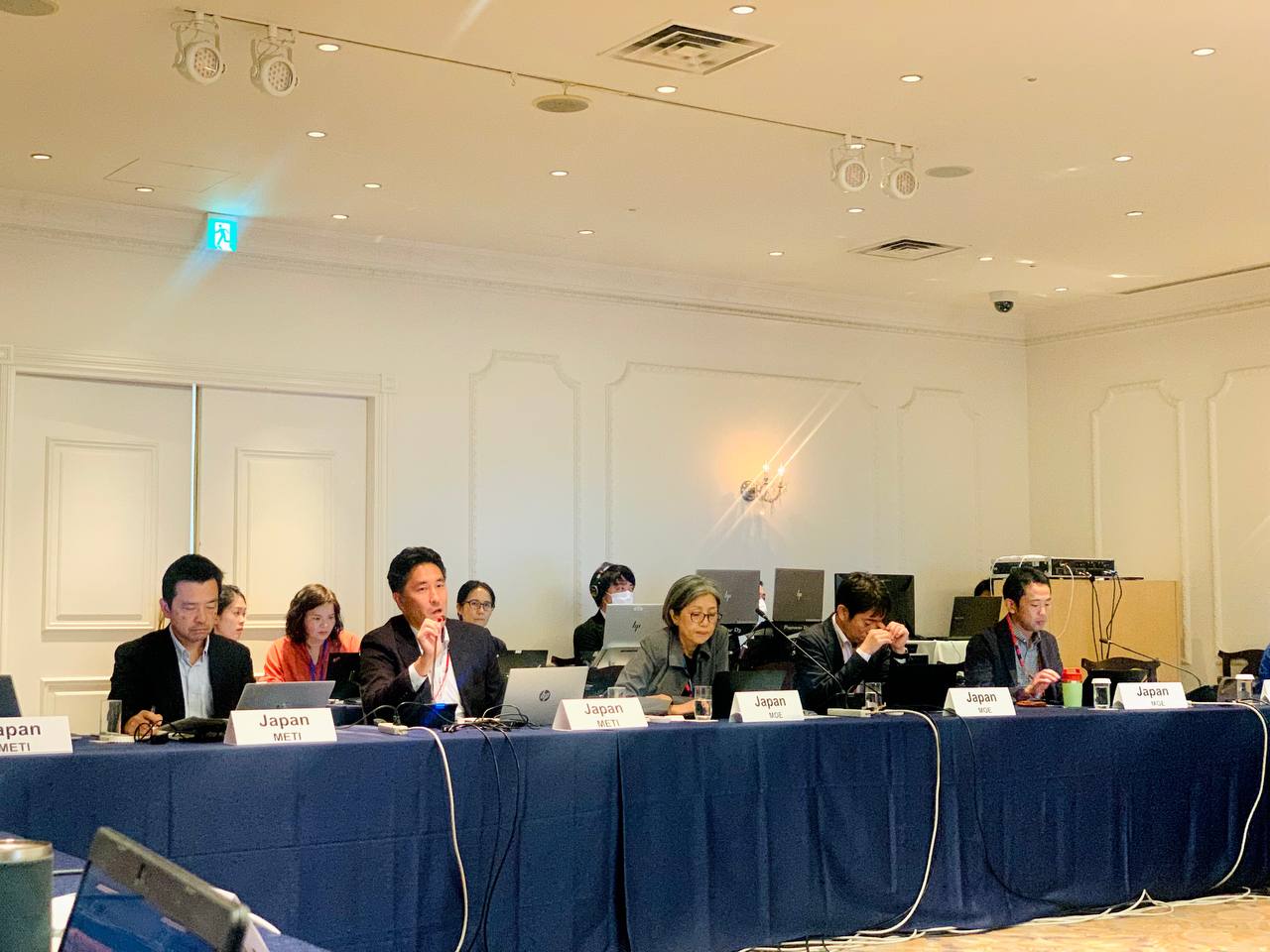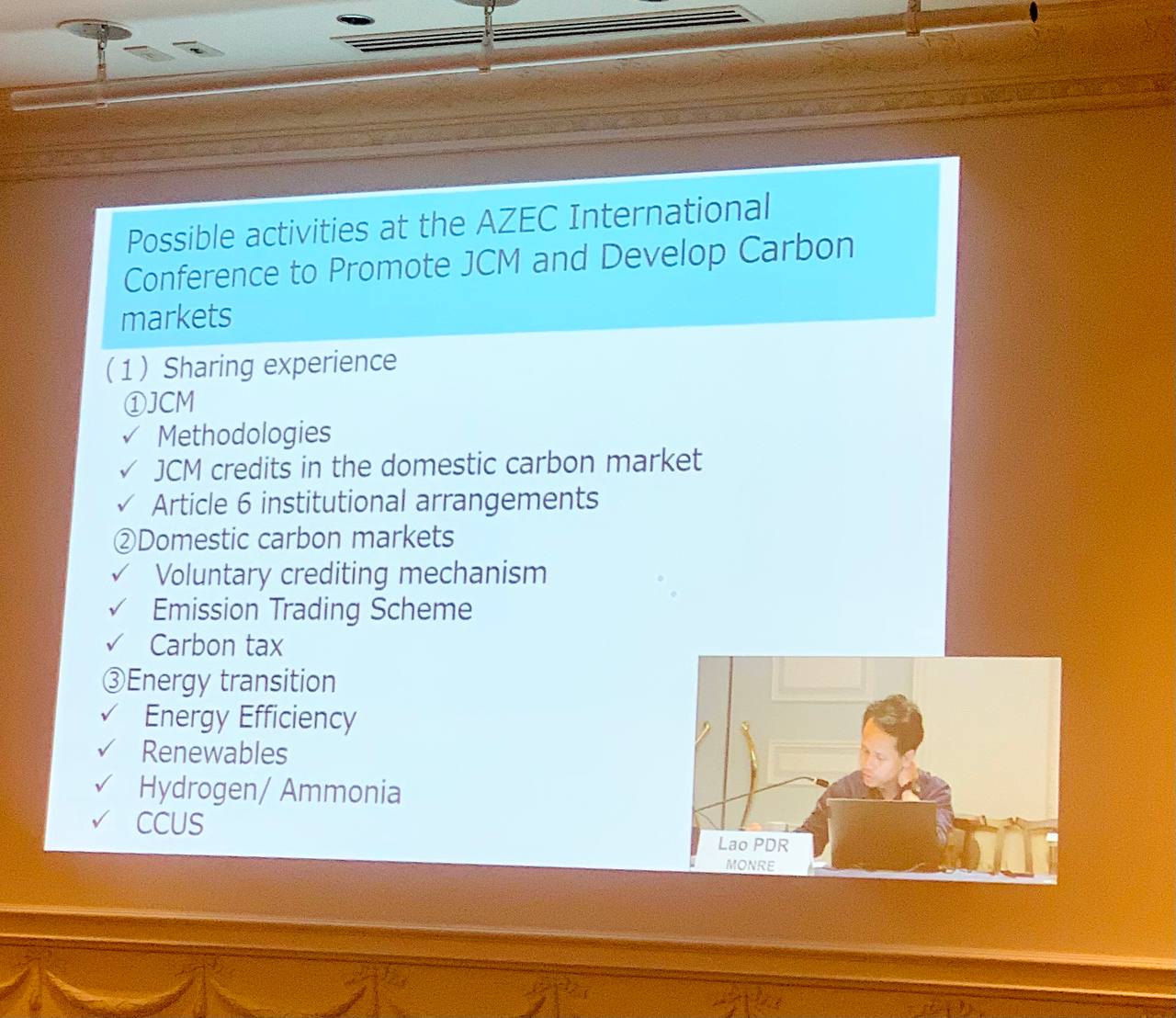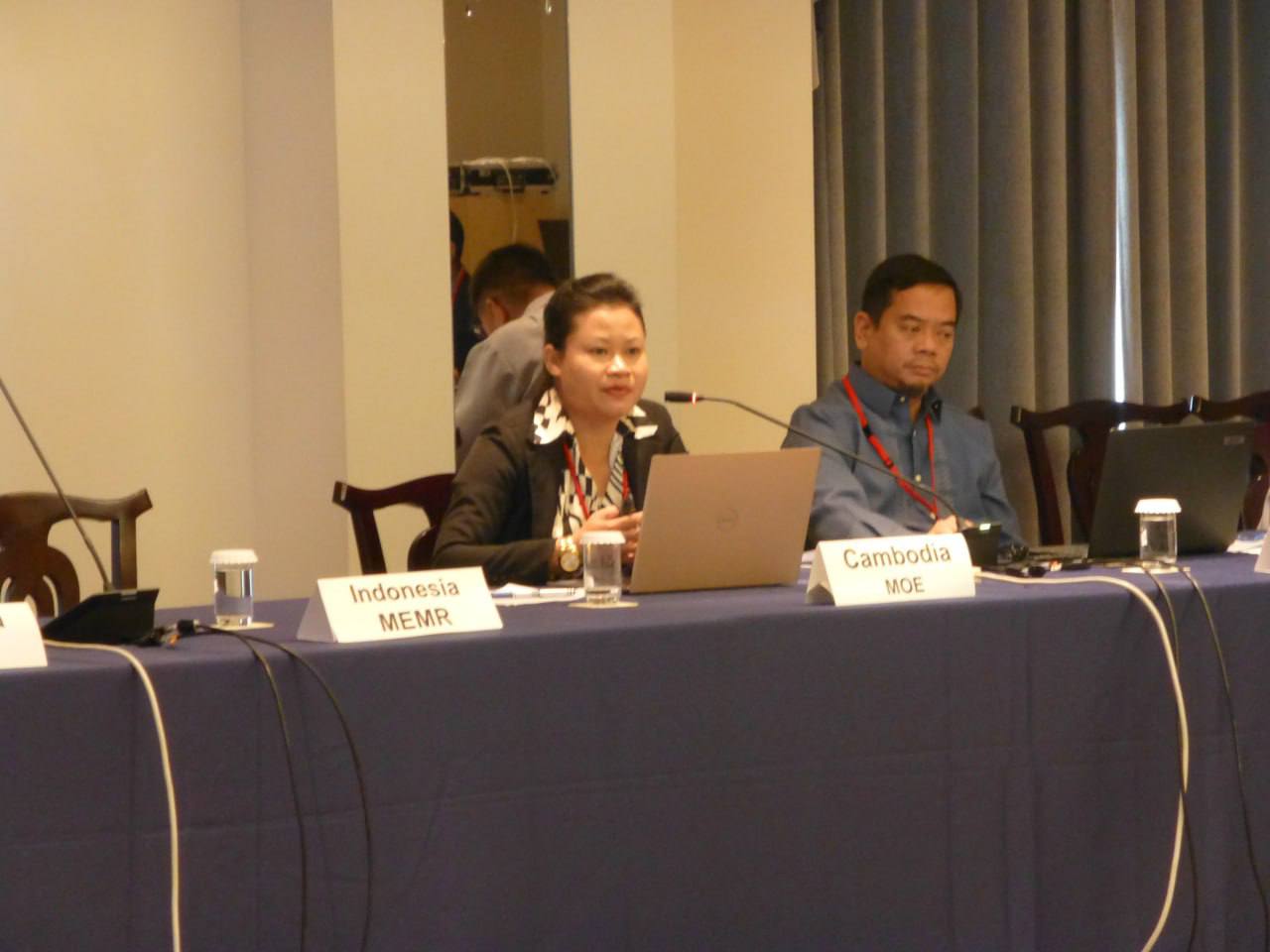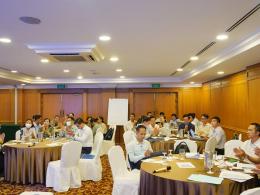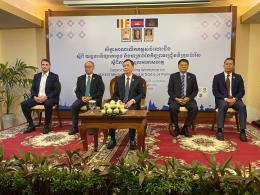From 28-30 September 2024, a technical officer from the Department of Climate Change (DCC), the General Directorate of Policy and Strategy (GDPS), participated in Asia Zero Emission Community International Conference to Promote JCM and Develop Carbon Markets in Tokyo, Japan. This International Conferencne organized by the Ministry of Environment of Japan in collaboration with the Ministry of Economy, Trade and Industry, supported by the Economic Research Institute for ASEAN and East Asia (ERIA) with participations of officials from the Royal Government, Ministry of Environment, Ministry of Minie and Energy, Ministry of Natural Resources and Environment of Laos PDR, Indonesia, Brunei, Thailand, Laos, Vietnam, the Philippines, Singapore, Japan and Cambodia, a total of 45.
The purpose of this meeting is to monitor the work progress as follows:
- Operation of the joint credit mechanism
- Development of partner countries' carbon markets
- Relations between the energy market and the carbon market
- Implementation of Article 6 of the Paris Agreement
- Possible regional cooperation together (cooperation between joint carbon credit mechanisms, joint carbon credit trading ...)
As a resulth:
- Each country has demonstrated good cooperation with Japan in implementing the Joint Carbon Credit Mechanism (JCM) as an important part of the Asian zero greenhouse gas emissions community to achieve their respective NDCs
- Prominent in Thailand is the Government of the Greenhouse Gas (TGO), which has set up a system to monitor the projects of private companies involved in reducing greenhouse gas emissions, especially in relation to the first Article 6, as well as developed Thailand Voluntary Emission Reduction Program (T-VER) with two standards: Standard and Premium Standard are voluntary lending mechanisms to reduce greenhouse gas emissions in Thailand. Please note that Thailand has not prepared any textbooks or guidelines, it is a learning by doing.
- After presenting the achievements of the policy of the Royal Government of Cambodia, as well as the will that Cambodia has set a goal to reduce greenhouse gas emissions by 41.7% by 2030 through the preparation of the latest reports on Cambodia’s Updated Natinoally Determined Contribution (the Updated NDC), Cambodia Climate Change Strategic Plan(CCCSP), Long-Term Strategy for Carbon Neutrality (LTS4CN), Operations Manual for the Implementation of Article 6 of the Paris Agreement on Climate Change in Cambodia, Royal Kram no. 0623/007 on environment and natural resources code, and the first phase of the Royal Government's Pentagon Strategy which is in the interest of partner countries, with IGES in collaboration with the UNFCCC providing support such as: training courses to strengthen the capacity of civil servants or private companies, preparation of the national registration system, training courses related to Article 6 models in the production of greenhouse gas inventories, etc. to turn policy into practice.
- Each country has its own policy, strategic plan, and tracking system towards carbon neutrality based on their own commitment and context; therefore, cooperation between developing and developed countries is very important to increase the close relationship in sharing what are the challenges or solutions to become a zero-emission community in Asia through promoting the JCM and develop carbon markets.
